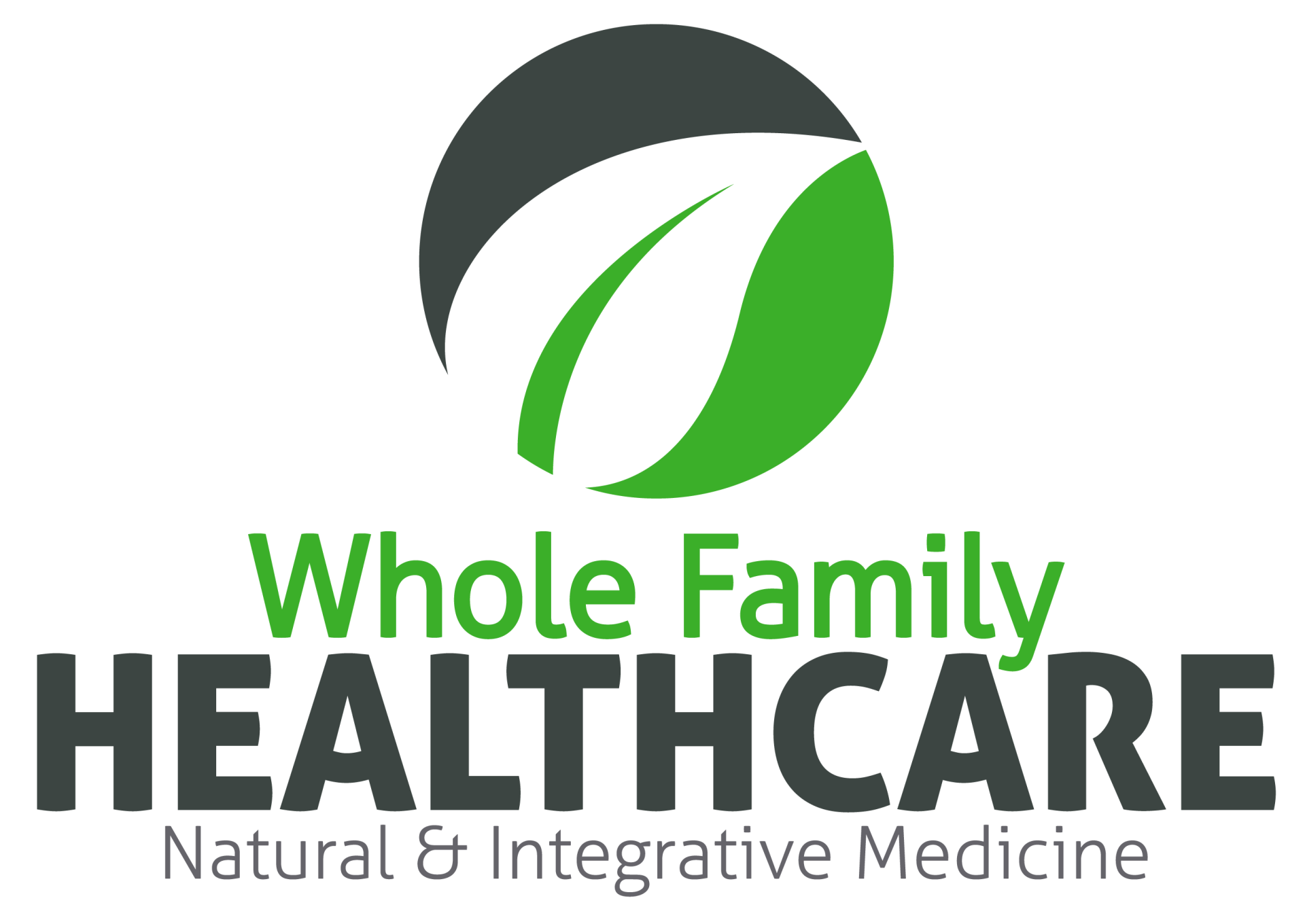Do you or a loved one have heart, peripheral ( blocked circulation in the legs ) or cerebral-vascular ( blocked or poor circulation to the brain ) disease? If so, it has certainly affected your quality of life and caused serious anxiety about your future health. Vascular disease is the number one killer of Americans today . Conventional medicine’s approaches to heart and vascular disease have barely changed in 30 years. Dangerous drugs, bypass surgery and stents, are the norm. These surgeries, procedures and medications are breaking the back of the American health care system. They are minefields of great risks, minimal benefits and reduced quality of life and do nothing to address the real underlying causes of vascular disease. What follows is an exciting journey of discovery as you begin to explore the next generation of integrative, nutritionally-based approaches to heart and vascular disease.
Most people are fairly familiar with heart disease and its implications. However, in the area of stroke research has shown that patients with the greatest amount of plaque growth in their aorta (large artery ascending from the top of the heart and supplying blood to the brain and the rest of the body) are at greatest risk for throwing emboli to the brain (small pieces of plaque) and suffering a stroke. Further evidence of the high risk of vascular disease affecting the brain has been discovered by neuroradiologists. Using MRI imaging, they have discovered that by age 50, they can detect tiny white spots in the brains of the majority of patients studied. These spots represent tiny, asymptomatic strokes. Ultimately, the progressive increase of these silent brain strokes more than doubles the risk of dementia . It is now accepted that at least half of all senile dementia is caused by vascular injury to the brain. The simple fact is that much, if not all of this is avoidable and treatable using natural and integrative approaches.
Bypass surgery for heart disease has been hailed as a miracle cure, but carries with it significant risk and published studies indicate it is no better than medical management in most cases unless at least three major vessels are blocked and there is some degree of congestive heart failure. Cardiologists and cardiothoracic surgeons cannot even predict with any degree of certainty exactly which section of which artery is going to suffer from the next heart attack. In order to do this they would have to accurately identify the sections of your heart arteries containing the soft, otherwise know as “vulnerable” plaque. Because of high levels of inflammation and other factors contained in these soft plaques, these plaques have been found to be at greatest risk of fissuring or breaking open and causing a clot. This leads directly to the release of their stores of cholesterol, white blood cells and other debris, causing the next heart attack.
Current, commercially available imaging procedures (such as angiograms, nuclear stress tests, EKG’s, and CAT scans) are NOT able to identify these dangerous, soft plaques, and thus the commonly heard statements from cardiologists reassuring patients that the stent they want to place or the artery to be bypassed will prevent the patient from having a heart attack is not based on current scientific evidence. The fact is that the most narrowed arteries where stents are placed or which lead to bypass surgery are generally not the highest risk arteries, and thus, the dangerous procedures used to treat these blockages are oftentimes useless to prevent further heart attacks.
There are additional risks to consider when considering conventional therapies. One of the major (but understated) risks of bypass surgery is the possibility of causing brain damage. For example, when a plaque-laden aorta is clamped during bypass surgery, a showering of emboli to the brain often occurs. Researchers using ultrasound to monitor one of the primary arteries supplying the brain during bypass have heard the distinct signature of plaque as it enters the brain. This plaque debris has also been confirmed at autopsy. The irreversible loss of cognitive abilities during coronary bypass surgery is thus explained by this avoidable procedure.
However, would you believe it doesn’t have to be that way? Would you like to eliminate the need for risky health care procedures such a open-heart surgery, the avoidable amputation of gangrenous extremities, the complication-prone roto-rootering of neck arteries, the use of potentially dangerous cardiovascular drugs and other risky, painful, and costly medical procedures with hugely imbalanced risk to benefit ratios? Would you be curious to learn about a safe, reliable, tested, non-surgical approach to slow down, prevent and even reverse these dangerous blockages in human arteries?
The approach I am referring to involves the combination of intensive lifestyle interventions, optimized diet and nutrient restoration, and the use of a powerful, circulation-enhancing therapy known as chelation. What is chelation? In this context it is a medical procedure involving physician-supervised, elective, heavy metal detoxification. In other words, it is simply the process of safely eliminating heavy metals (such as lead, mercury, cadmium, and even toxic accumulations of iron and copper) from the tissues, organs, and arteries, often leading to the greatly enhanced health of the vascular endothelium or lining of the arteries. The end result of the process is oftentimes greatly enhanced circulation to critical organs and tissues such as the brain and heart. Even a hardened, plaque-burdened artery can regain its ability to provide increased blood flow when it has been treated with EDTA chelation therapy.
What Can Chelation Potentially do for You?
Over the past 35 years vascular disease has been the primary target for the clinical use of IV EDTA chelation therapy. However, because IV chelation works at such a foundational level to potentially improve circulation to every organ and tissue in the body, it has been shown either through our clinical experience or in published documents to beneficially impact a broad range of diseases. These include brain and renal (kidney) function, heart artery blockages, fatigue, eyesight (from reversal of macular degeneration), erectile dysfunction, arthritis, peripheral artery disease (blockages to leg arteries), diabetic ulcers, gangrenous limbs, and congestive heart failure.
Clinical Evidence
A landmark study called the TACT chelation therapy trial was published 3 years ago. The study involved over 1700 patients and proved that chelation therapy was both safe and effective in reducing the need for invasive cardiovascular procedures such as stents, bypass surgery, and angioplasty. The study also showed that chelation reduced the risk of death from heart attack by 8%.
The most effective form of chelation to date is the intravenous administration of EDTA which includes vitamins, minerals and antioxidants, provided in a clinician’s office over a period of a few months. EDTA is a synthetic amino acid which, when introduced into the body, safely attaches itself to these dangerous heavy metals such as lead and mercury. The complex is then filtered out of the body primarily through the kidneys (urine) and the liver via the secretion of bile. Chelation is most effective if administered as a series of 30 or 40 consecutive infusions, received once or twice weekly in a comfortable infusion suite. A newly updated formula today allows our staff to administer chelation in 10-15 minutes, a process that previously took as long as 2-3 hours. A small catheter is used to access the vein and the procedure is relatively painless.
There are over 30 documented mechanisms of action associated with the clinical use of EDTA, the primary chelating medication used by integrative physicians. Other beneficial mechanisms such as the inhibition of NF kappaβ (a master inflammation regulator) by EDTA are beginning to be recognized. EDTA also possesses antioxidant and mild, safe blood-thinning activity. In experienced hands I have found chelation therapy to be one of the safest medical procedures for heart & vascular disease available. Furthermore, when combined with intensive dietary & lifestyle changes, and optimized nutrient/antioxidant restoration, even reversal of vascular disease is possible. Both Caldwell B. Esselstyn Jr., M.D., of the Cleveland Clinic and Dean Ornish, M.D. have demonstrated the profound ability to reverse heart disease using primarily diet and nutrition. The addition of intravenous chelation therapy to diet, nutrition and lifestyle changes makes our program an even more powerful tool for the natural treatment and potential reversal of vascular disease, America’s number one killer.
Whole Family Healthcare is one of the few practices in the Orlando area offering this evidence-based and potentially life-saving form of chelation therapy, administered by well -trained physicians with a combined 20 years of experience in safely administering intravenous chelation therapy.
Medical Director, Whole Family Healthcare
References:
Lamas GA, Navas-Acien A, Mark DB, Lee KL.
J Am Coll Cardiol. 2016 May 24;67(20):2411-8. doi: 10.1016/j.jacc.2016.02.066. Review.
Lamas GA, Ergui I.
Expert Rev Cardiovasc Ther. 2016 May 5:1-12. [Epub ahead of print]
Ouyang P, Gottlieb SH, Culotta VL, Navas-Acien A.
Curr Cardiol Rep. 2015 Nov;17(11):96. doi: 10.1007/s11886-015-0656-y.
Curr Opin Cardiol. 2014 Sep;29(5):481-8. doi: 10.1097/HCO.
Mark DB, Anstrom KJ, Clapp-Channing NE, Knight JD, Boineau R, Goertz C, Rozema TC, Liu DM, Nahin RL, Rosenberg Y, Drisko J, Lee KL, Lamas GA; TACT Investigators.
Circ Cardiovasc Qual Outcomes. 2014 Jul;7(4):508-16.












